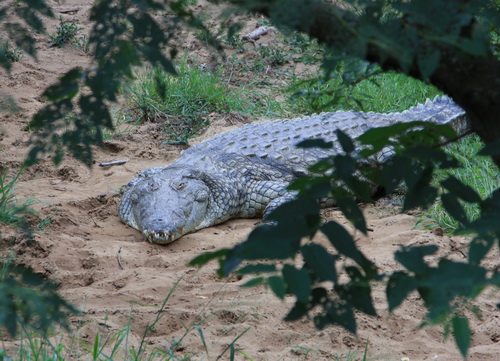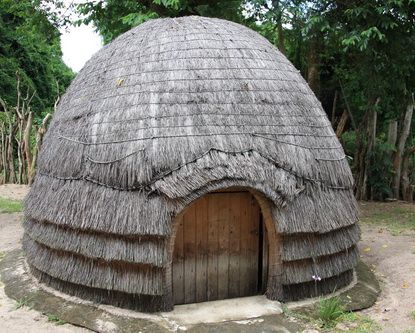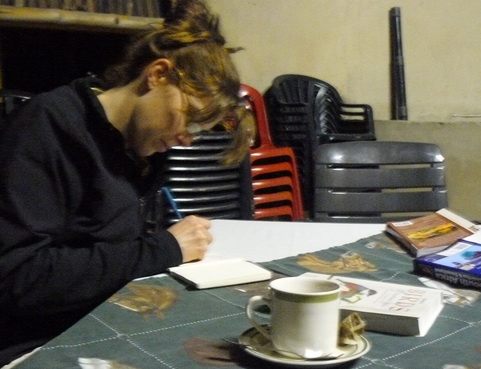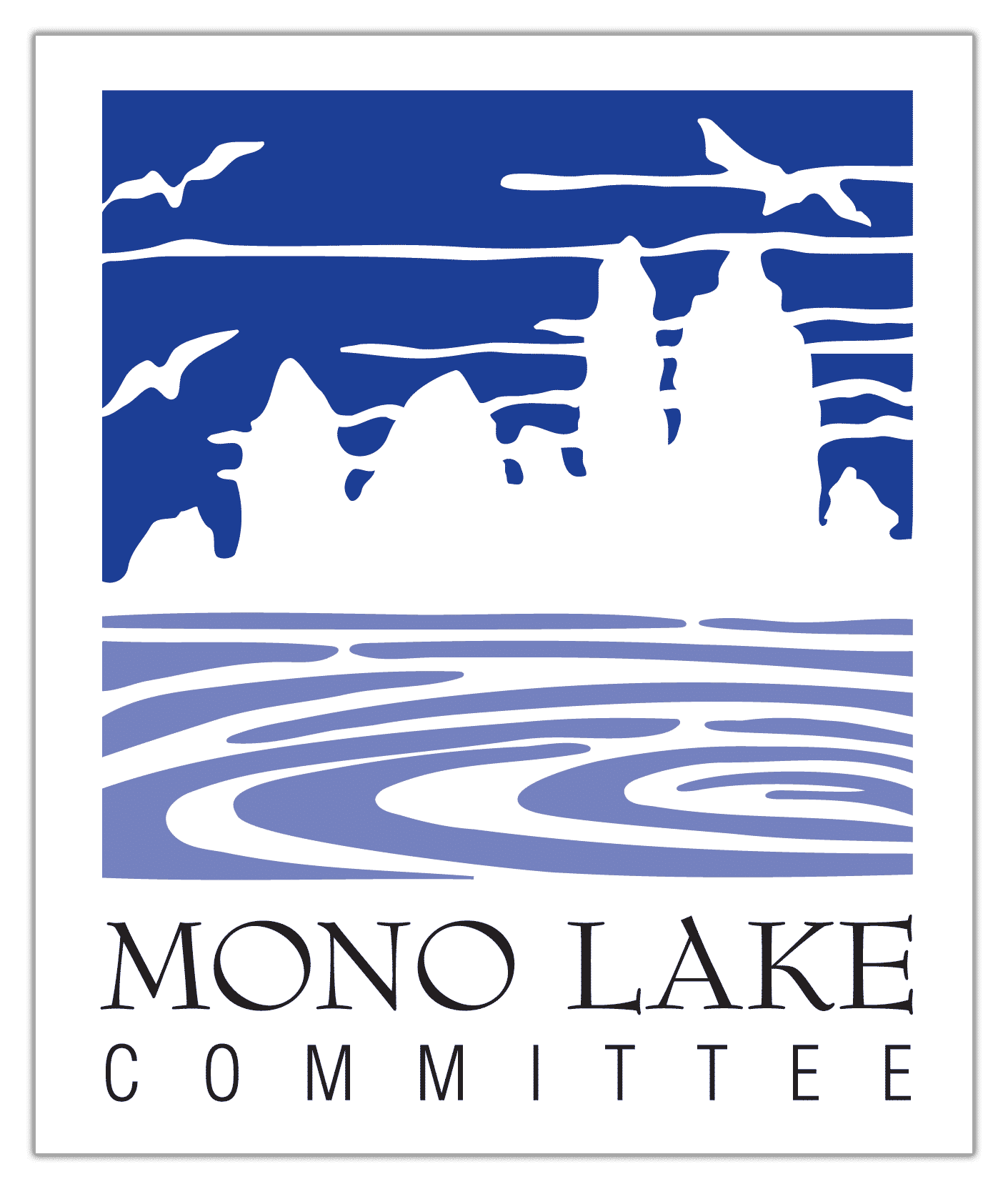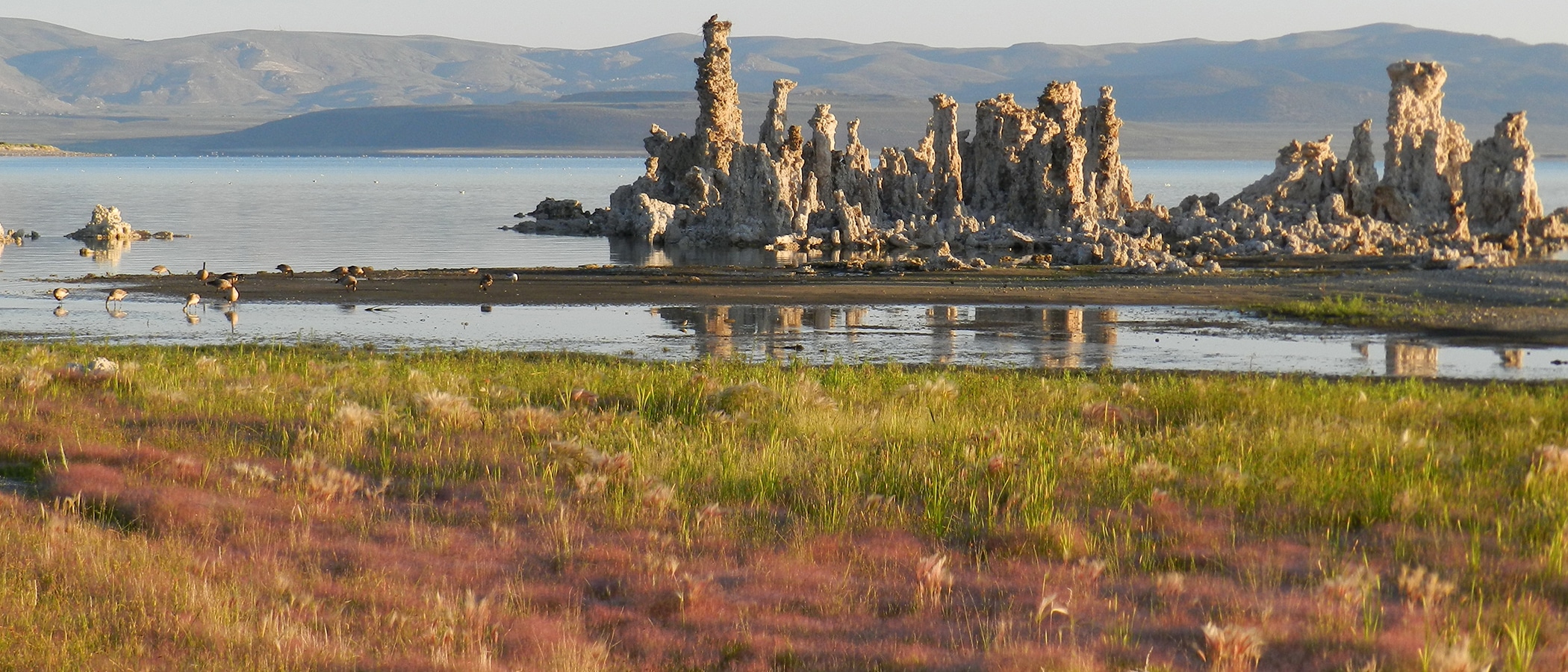
Morning started with tea and the South African specialty, rusks—biscotti-like biscuits—before a full morning meeting at the Wildlands Conservation Trust office. As fellow founding members of the Living Lakes Network, the Mono Lake Committee and Wildlands have been in touch for the past 11 years, but have never had a chance to sit down and make use of the connection in quite the way we did on this morning.
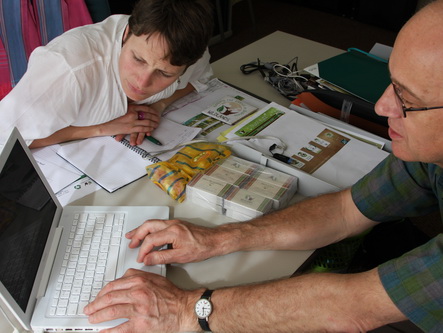
We talked about how our organizations operate, our goals, guiding principles, programs, fundraising, daily operations, and the challenges we face. It was a thoroughly invigorating meeting—a rare and valuable chance to learn from another non-profit and to share some of our Mono Lake experience.
Full of new ideas and ways of thinking about things, we started on our journey to see St. Lucia, the surrounding area, and some specific project sites in the vicinity. With absolutely no help from our Portuguese-speaking GPS unit, but lots of good information from our guide Charmaine, we traveled up the coast to where St. Lucia meets the Indian Ocean.
One observation that would become critical to understanding the importance of the projects we were about to see, was the extensive blue gum tree and sugar cane plantations. We drove for hours past what sometimes felt like endless rows of stick-skinny blue gum in various stages of growth and harvest.
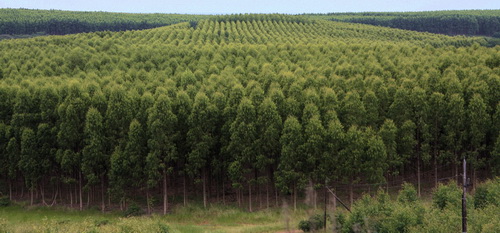
Tomorrow’s itinerary would take us to visit the Indigenous Trees for Life project areas, and this view of these extensive monocultures were important to understanding the necessity of that project.
Along the way we learned about how the area is managed, the history of Ezemvelo KwaZulu-Natal Wildlife, the governmental organization tasked with managing what used to be a large conglomeration of smaller National Parks. Game poaching, invasive plant species management, and tourism management are some of the main foci of the National Park system in the region. Particularly interesting to me was how the Wildlands works together with KZN Wildlife, and also has their own projects that enhance the work being done while also filling the important roles of education and community health support that are critical to the region’s long-term sustainability—particularly in the remote surrounding Zulu areas.
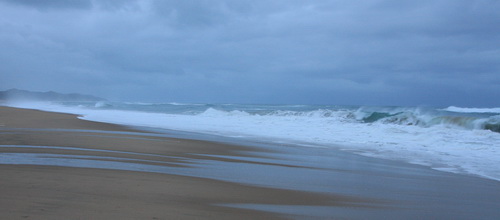
We toured a crocodile park and drove out to the coast for the last light of sunset over the Indian Ocean before settling down for a traditional Zulu dinner, dance performance around a bonfire, and a great night’s sleep in huts at a local eco-lodge.
